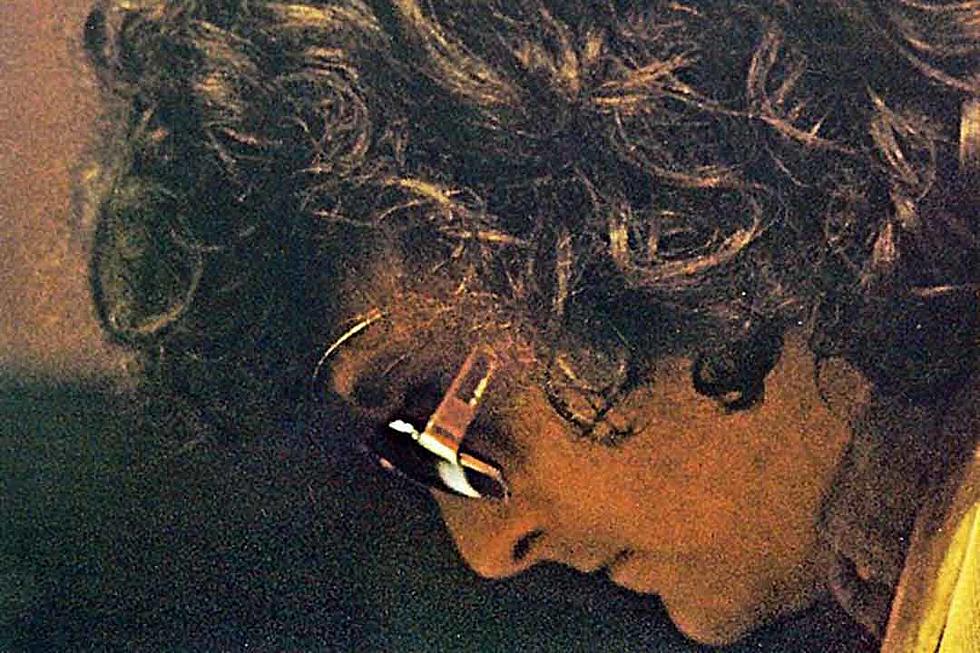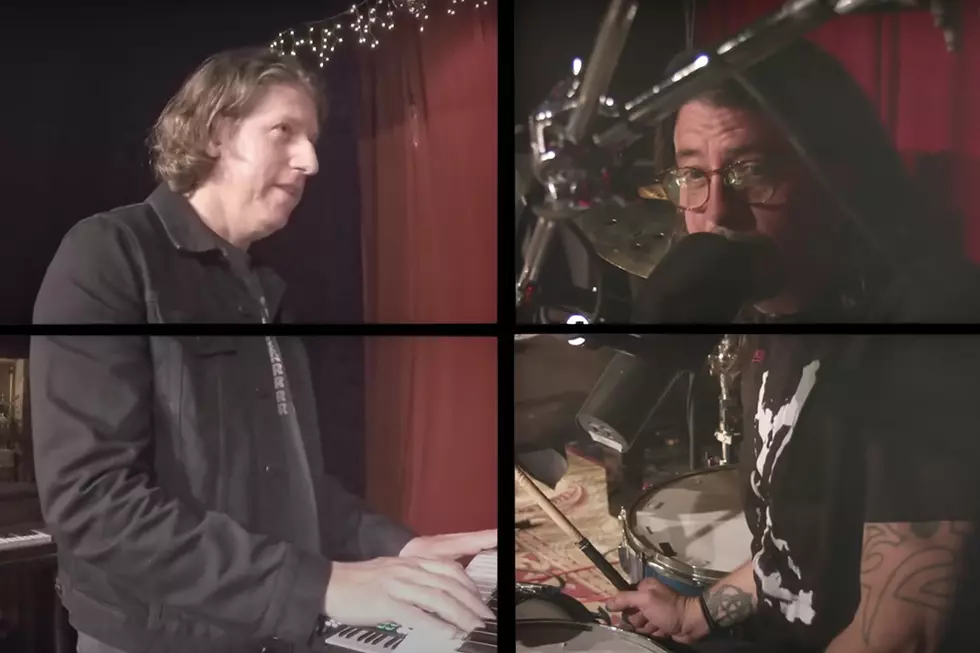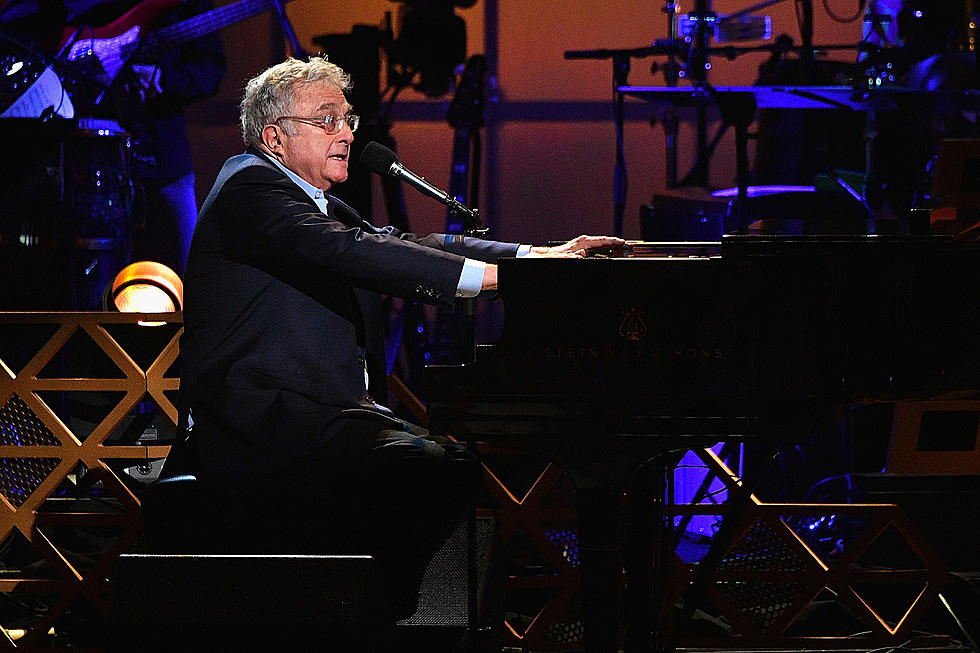
How Randy Newman Came Into His Own With ‘Sail Away’
Randy Newman was already a favorite among critics, fellow songwriters and music's elite when he released his third album in May 1972.
After the semi-success of the previous year's Randy Newman Live, the first of his LPs to crack the Billboard 200, Sail Away was primed to move the singer-songwriter into the big leagues. But what clicked with critics, fellow songwriters and music's elite didn't exactly to translate to listeners whose ears were more tuned to America, Chicago and Don McLean at the time.
After all, the singalong nostalgia of "American Pie" and "Saturday in the Park" was a lot easier to handle than Sail Away's title track and opening cut, a biting look at freedom told from the perspective of a 19th-century slave trader selling America to prospective slaves: "In America you'll get food to eat / Won't have to run through the jungle / And scuff up your feet / You'll just sing about Jesus and drink wine all day / It's great to be an American." The modern-day connotations of those lyrics weren't lost on Newman's fans.
But a nation still reeling from racial unrest and Vietnam, and with Watergate around the corner, wasn't quite ready for Newman's slicing form of satire, which hit a little too close to home for some listeners, especially those in the south. The album climbed to No. 163, higher than Randy Newman Live's showing, but the relatively disappointing chart placement didn't dispel Newman's growing legion of fans, who instantly declared Sail Away his masterpiece. All these years later, it still holds that distinction.
While "Sail Away" is its key track and launching point, and Newman's best song in a career filled with them, the album includes some of his all-time greatest numbers. "Lonely at the Top," "Political Science," "You Can Leave Your Hat On" (which Joe Cocker had a minor hit with in 1986, thanks to its inclusion in the movie 9 1/2 Weeks) and the closing "God's Song (That's Why I Love Mankind)" play around with social, political and sexual themes in ways that topped so many of his contemporaries' attempts at the same subjects.
Like Newman's past albums, Sail Away included several songs that were already known to his devoted fans. The Animals' keyboardist, Alan Price, covered "Simon Smith and the Amazing Dancing Bear" five years earlier, in 1967. "Dayton, Ohio 1903" was included on Nilsson's 1970 album Nilsson Sings Newman. And Newman himself had earlier recorded "He Gives Us All His Love" and "Last Night I Had a Dream" with different arrangements for other projects.
Listen to Randy Newman Perform 'Sail Away'
Since its release, most of Sail Away's songs have been covered by a diverse group of artists, including Ray Charles, Don Henley, Wanda Jackson, Etta James, Tom Jones, Morrissey, Linda Ronstadt and Wilco. But none match the wit and subtly scolding tone of Newman's originals. (In fact, the religion-skewering "He Gives Us All His Love" has been misinterpreted by some of those artists as a gospel number.)
A string section backed many of the tracks, and, paired with Newman's piano, it lent songs like "Sail Away," "He Gives Us All His Love" and "Burn On," about the time Cleveland's Cuyahoga River caught fire in 1969, a gravitas that slyly played beneath the winking satire. It's Newman at his best.
Two years later he returned with Good Old Boys (and took an even tougher look at the south) and finally got his first Top 40 album. The album after that, 1977's Little Criminals, became Newman's only Top 10 LP and included his only Top 50 hit, "Short People," which made it all the way to No. 2. Both albums are excellent, and the mainstream recognition was well deserved. But Sail Away remains his masterpiece, the linchpin to everything that followed.
Top 100 Classic Rock Artists
More From Ultimate Classic Rock









